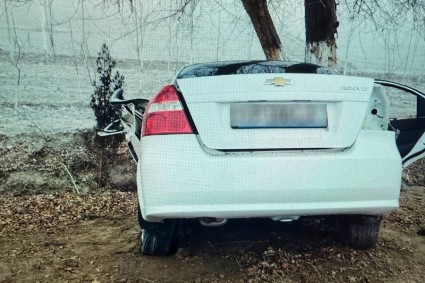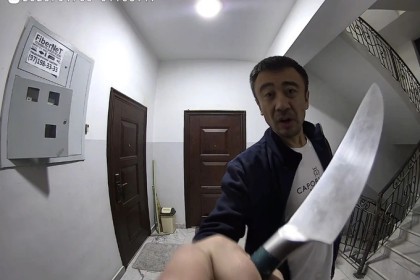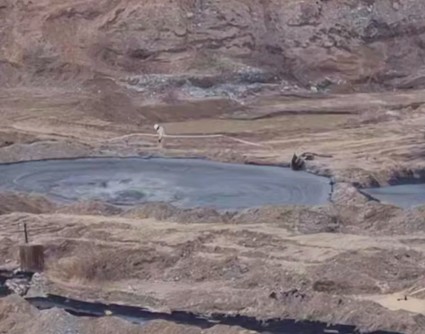Between 25 and 27 November, European Commissioners Jozef Síkela and Marta Kos will be in Uzbekistan to advance the development of the Trans-Caspian Transport Corridor aimed at linking Europe and Central Asia within 15 days. The Corridor is a flagship initiative of the EU’s Global Gateway investment strategy in the region to foster prosperity and stability in Central Asia, South Caucasus, Turkiye, Europe and other countries along the Corridor.
On this occasion, the Commissioners will attend the Trans-Caspian Transport Corridor and Connectivity Investors Forum on 27 November. In addition, Commissioner Síkela will attend the 3rd EU-Central Asia Economic Forum on 26 November to reinforce the regions’ economic partnership. Both high-level events will take place in Tashkent and are hosted by the Government of Uzbekistan and the European Union.
Commissioner for International Partnerships, Jozef Síkela, said: “The partnership between Central Asia and the European Union is stronger than ever. Following up on the €12 billion Global Gateway investment package announced at the first EU–Central Asia Summit and my mission to the region earlier this year, we are now focused on delivery. The two high-level forums, co-hosted by Uzbekistan and the EU, bring together public and private investors from both regions to turn our commitments into tangible results: economic growth, job creation, better access to services, and greater stability. I look forward to concluding concrete deals with our partners, strengthening our economic cooperation, and accelerating the development of the Trans-Caspian Transport Corridor to connect Europe and Central Asia in a fast, safe, and sustainable way.”
Commissioner for Enlargement, Marta Kos, said: "The Trans-Caspian Corridor is a strategic bridge between continents, economies, and people. At last month’s Ministerial Meeting in Luxembourg, we agreed to advance the Connectivity Agenda through transport, trade, energy, and digital links between the EU and Central Asia via the South Caucasus and the Black Sea. The Connectivity Investors Forum in Tashkent is a key milestone, as we and our partners turn the Agenda into action through coordinated, prioritised investments—driving lasting prosperity and stability through strong, trusted partnerships.”
The Trans-Caspian Transport Corridor and Connectivity Investors Forum gathers for the first time the EU, the Black Sea and Central Asian partner countries to advance the connectivity agenda. The Forum will review progress made since the first Investors Forum for EU–Central Asia Transport Connectivity, held in Brussels in January 2024 to further deepen engagement with the private sector. It also builds on the outcome of the Cross-Regional Ministerial Meeting held in Luxembourg on 20 October, looking at cross-regional connectivity and links between the EU and Central Asia via the South Caucasus and the Black Sea region in transport, trade, energy and digital sector. The programme will feature high-level thematic sessions on transport and logistics, covering both soft and hard connectivity aspects such as regulatory harmonisation, infrastructure investment and digitalisation of trade corridors. Discussions will highlight how joint coordination can strengthen regional partnerships and prioritise shared investment projects. The Forum will also provide an opportunity to exchange best practices, showcase successful collaborations and the strategic role of digital connectivity in improving transport efficiency and regional trade.
The EU-Central Asia Economic Forum aims to reinforce economic ties and promote sustainable development across the two regions. It follows the first EU–Central Asia Summit held in Samarkand in April 2025, which reaffirmed the strong and growing partnership between the European Union and Central Asia. The Forum brings together high-level representatives of the EU and its Member States, Central Asian Governments, international organisations, international financial institutions and the private sector. It serves as a platform to strengthen cooperation to enhance the business and investment environment, facilitate trade and align regulatory frameworks, boost investment opportunities and public-private partnerships, and promote sustainable and responsible supply chains, particularly for critical raw materials (CRM).
During their visit, the Commissioners will also sign several bilateral and regional agreements, meet high-level government representatives from partner countries, and participate in the press point with local and international media.















